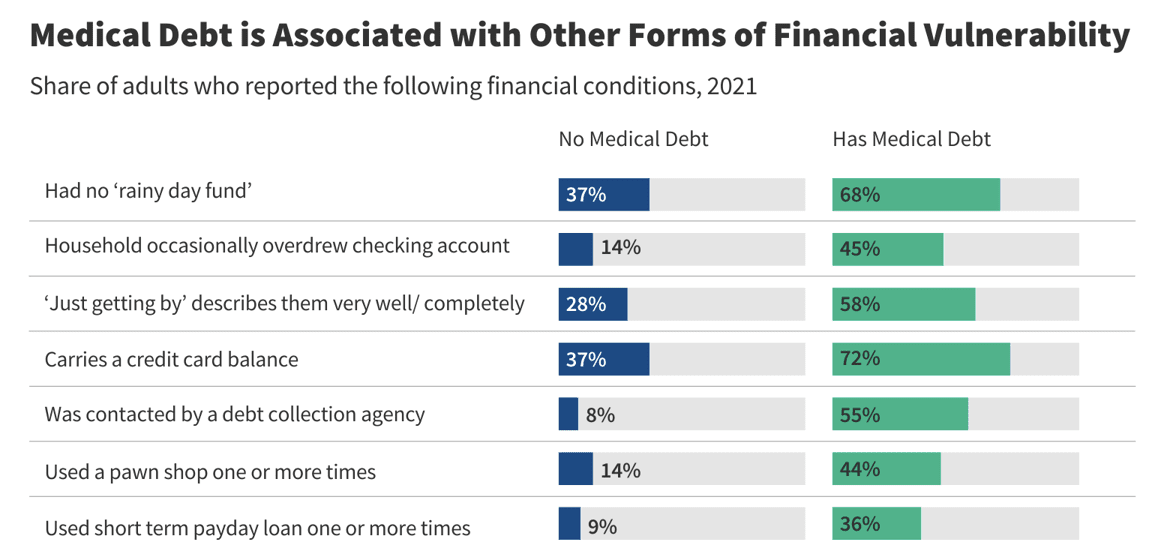closer look
Pfizer's Super Bowl ad: Was it a win or a fumble for science?
Screen capture
What was Pfizer's goal with its Super Bowl commercial honoring the history of science? If you missed it, here's the ad featuring animated portraits (including Charles Pfizer, above), illustrations, photographs, and statues of such scientific luminaries as Newton, Hippocrates, Einstein, Rosalind Franklin, Marie Maynard Daly, and Katalin Karikó singing an anthem of medicine's progress to the tune of Queen's "Don't Stop Me Now." The finale unveiled LetsOutdoCancer.com, and the brand's new tagline, "Outdo Yesterday."
So while the company signaled its new investment in cancer, it didn't mention its recent success with its Covid vaccine. Pradeep Chintagunta, a professor at the University of Chicago Booth School of Business who specializes in pharmaceutical marketing, has an idea why: "The Super Bowl has a very broad viewership. Many of these folks probably don't believe in vaccines," he told STAT's Annalisa Merelli. "By essentially avoiding that mention, they basically kept away from being associated with it, which could have had some potential negative fallout." Read more.
health
Plant-based diet linked to better sexual health in men with prostate cancer
Treatment for prostate cancer can come with costs along with hopes for a cure. After surgery, radiation, or other therapies, men often report erectile dysfunction, urinary incontinence, and hormonal problems such as low energy, depression, and hot flashes. A new paper in Cancer draws a link between eating a plant-based diet and reduced side effects. The study, which divided 3,505 men with non-metastatic prostate cancer into five groups, found that those who ate the most plants scored 8% to 11% better in measures of sexual function compared with the group that consumed the least.
Those who adhered most closely to a diet low in meat and dairy (all the men ate at least some animal protein) but high in fruits, vegetables, grains, and nuts also had 14% better scores in urinary health and 13% better in hormonal health compared to those least aligned with the plant-based diet. Caveat: Most of the study participants were white health professionals, so results might not apply to other groups.
insurance
41% of Americans have some form of medical debt

Medical debt is not going away in the U.S., a new KFF analysis of national survey data reports, including among people who are covered by health insurance. In 2021, nearly a quarter of adults had at least one unpaid or past-due bill from a medical service provider. In 2022, KFF's Health Care Debt Survey found the same: 24% of adults said they had past-due medical or dental bills or bills that they could not pay. All told, 41% had health care debt in some form, including on credit cards or indebtedness to family members.
Medical debt is more common among people who have low incomes, don't have insurance, or can't work because of their health, but people with more financial means are not immune, the report says. And while the most common response may be to delay getting needed medical care, the effects of medical debt extend to financial health, too.


No comments